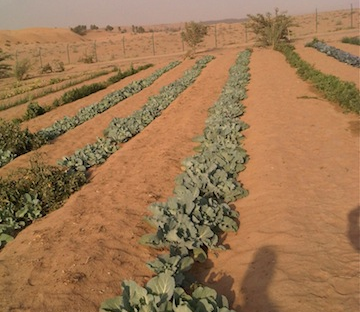
Biochar is produced by charring (distillation) of Biomass until all
fumes (VOCs) cease and Biochar remains (carbon with minerals).
Co-generation of biochar from biomass produces an
additional desirable by-product. The fumes (wood gas) are combustible and can
fuel electric power generation or heat applications.
Biochar production is "Carbon Negative"
when 50% of carbon emitted by bacteria (as ephemeral biomass rots) is
instead sequestered for a long time as charcoal.
The remaining 50% can first be used to fuel
electric power generation before reaching the atmosphere.
India has thousands of small electric generations stations as well
as larger Power Plants that burn coal, bunker oil, natural gas.
Biochar production units can be set up near existing power plants
to burn the fumes thus allowing co-generation of electricity
that is Carbon Negative.
Biochar from fallen biomass is eligible to produce Carbon Credits
that offset carbon emissions, and acquired/sold to reduce applicable Carbon Taxes.





